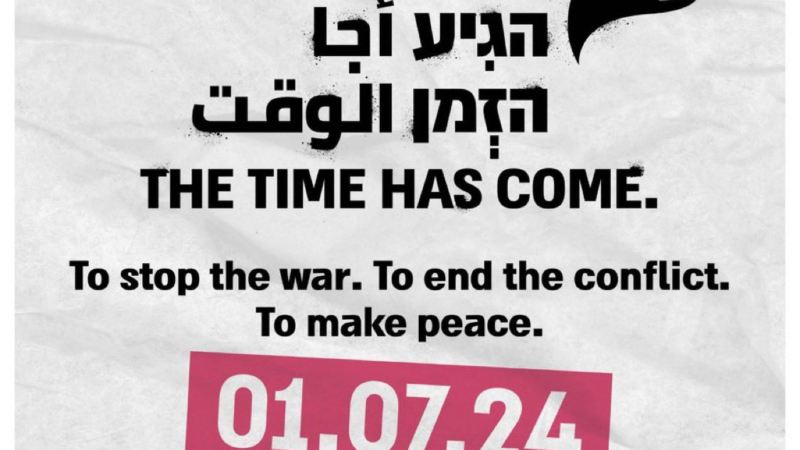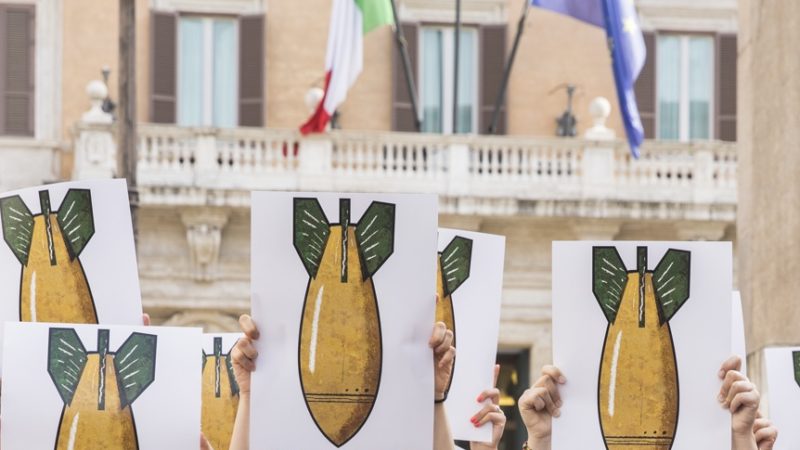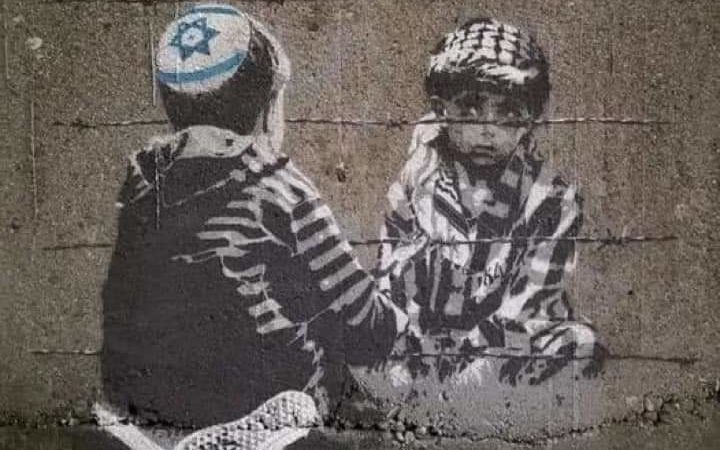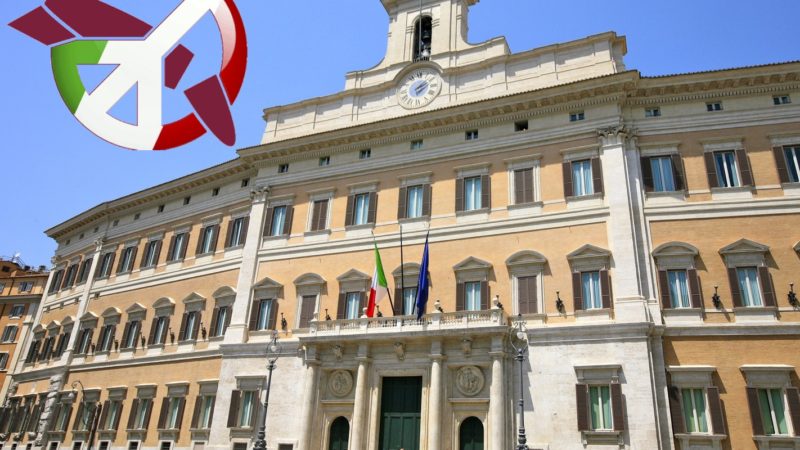War crimes in Yemen: Is Europe’s arms industry complicit?
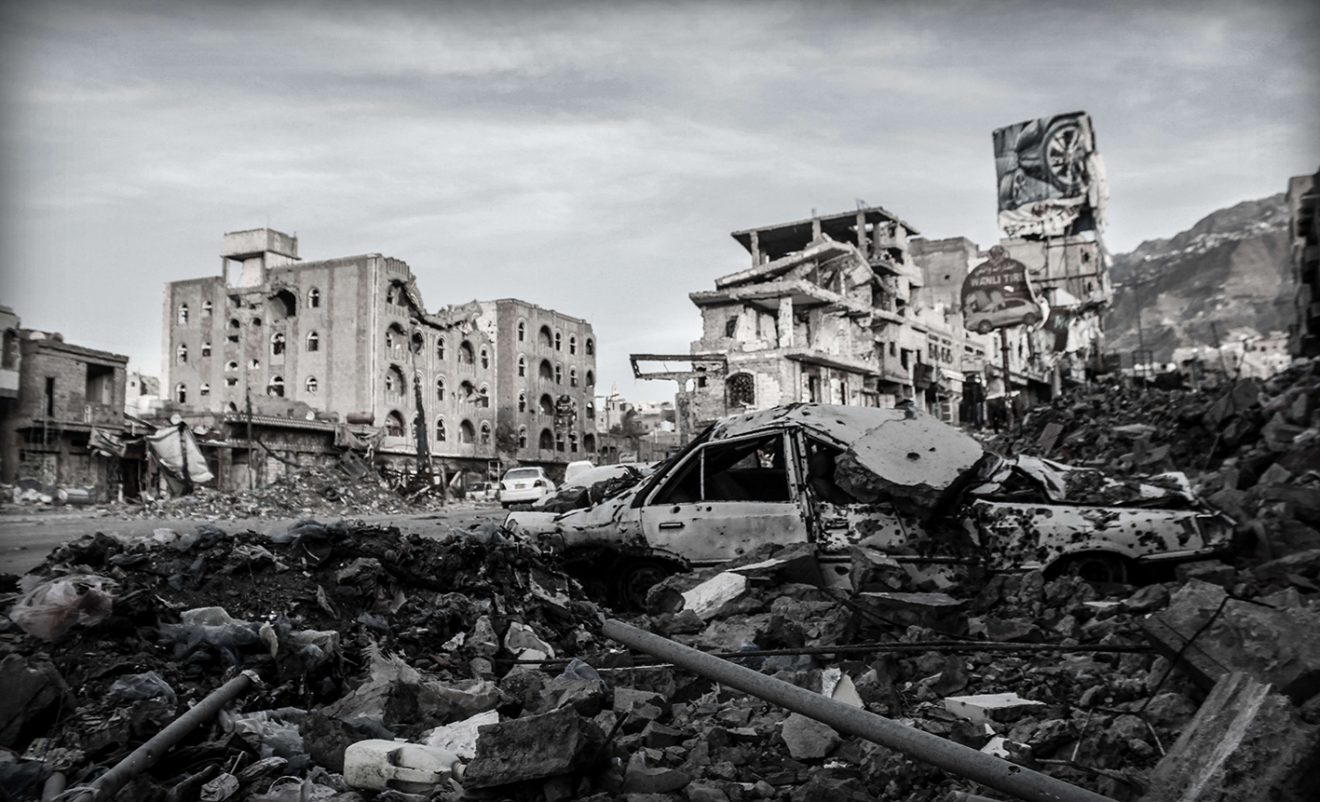
European companies must be held accountable for arms exports to warring parties in Yemen
Tomorrow – 26 March 2022 – marks the seventh anniversary of the beginning of Operation “Decisive Storm,” a massive air offensive launched by the military coalition led by Saudi Arabia and the United Arab Emirates (UAE) in Yemen against Ansar Allah (Houthis) and military units loyal to the former President Ali Abdullah Saleh.
Since the beginning of the armed conflict, when Houthis and military units loyal to the former president Saleh took Sanaa by force in 2014, and the escalation in March 2015, the Yemeni human rights organization Mwatana for Human Rights has documented at least 800 airstrikes and 700 ground offensives that have resulted in the deaths of over 3,000 civilians and injuries to at least 4,000 others. Many of these airstrikes would not have been possible without European armaments. To this day, European governments and companies continue to support the coalition by exporting bombs, weapons and spare parts, as well as maintenance and training services. Furthermore, it is suspected that these armaments have been used in potential war crimes.
Therefore, the European Center for Constitutional and Human Rights (ECCHR), Amnesty International, the Campaign Against Arms Trade, Centre Delàs for Peace Studies, Mwatana for Human Rights, and Rete Italiana Pace e Disarmo filed a communication with the International Criminal Court (ICC) in The Hague in December 2019. This 350-page document reconstructs the events of 26 coalition air strikes which can be categorized as war crimes. Those responsible in Europe who profit from or are fueling the conflict in Yemen must be held accountable. The communication refers to arms exports from RWM Italia, Airbus Defence and Space, and BAE Systems, among others. There is a need to examine both the criminal liability of the corporate executives and the practices and accountability of the governments of Italy, Spain, France, Germany and the United Kingdom.
According to the United Nations, over 20 million people in Yemen require humanitarian assistance as a result of the conflict – millions are at risk of starvation, displacement and death. To date, the international community has done nothing to stop the attacks on civilians, and despite the blatant human rights violations that have been documented, the UN Human Rights Council voted in October 2021 against extending the mandate of the Group of Eminent Experts on Yemen (GEE) tasked with documenting human rights violations in Yemen. Impunity for attacks against civilian populations must be stopped, which is why it is necessary for the ICC and national law enforcement authorities to investigate the criminal liability of corporate and state actors. The structures of the European arms industry demand cross-border investigations and cooperation in order to fully trace the responsibilities and processes of all actors involved. By opening an investigation and involving national law enforcement authorities, the ICC could set new standards in the cooperative handling of international crimes.
Our organizations applaud the swift action by the ICC to investigate potential war crimes committed by Russian forces and other parties in Ukraine. We believe that a similar focus and urgency should be applied to ensure accountability for war crimes committed in all conflicts, wherever they take place. The war in Yemen has gone on for over seven years, with no meaningful efforts to hold those responsible accountable. The ICC and national law enforcement authorities have a vital role to play in investigating potential war crimes and ensuring justice for the people of Yemen.
More information on our work concerning Europe’s responsibility for war crimes in Yemen is available here.


